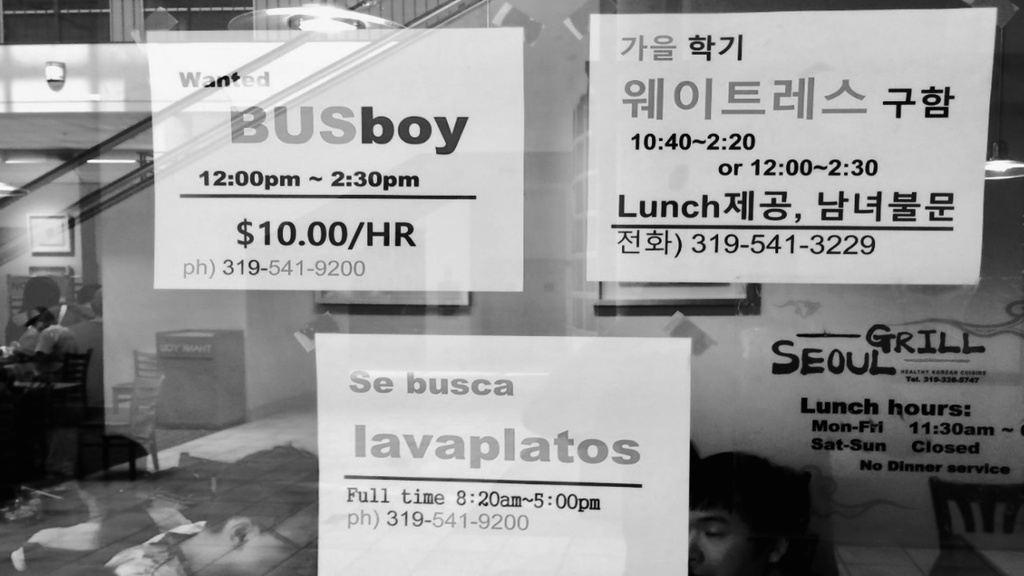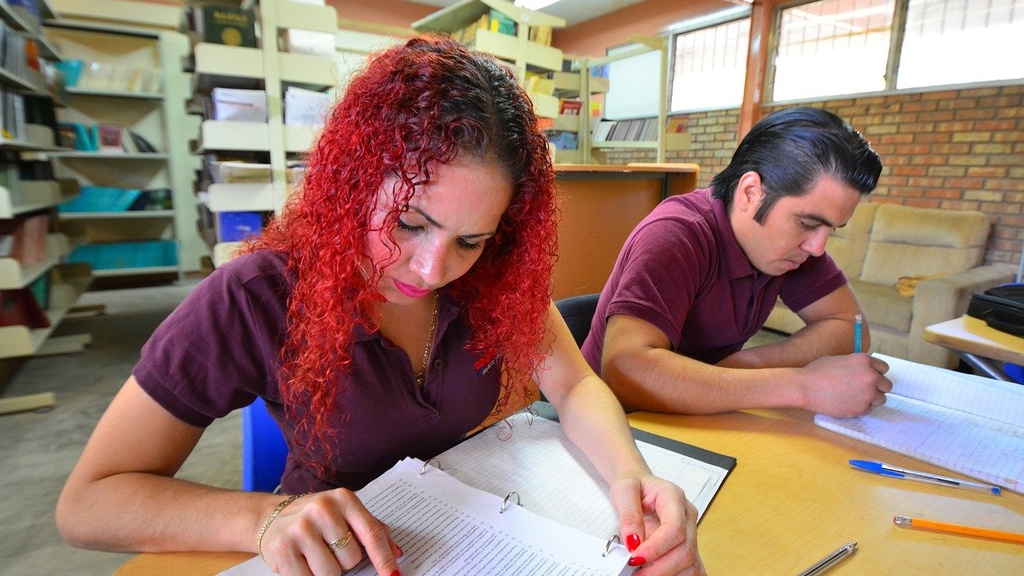Articles from March 2022
Explore the latest news about Obermann programs, events, and our interdisciplinary community of scholars.

Working Group Spotlight: Transform(ED) Justice Collaboratory
Monday, March 21, 2022
In order to understand and amplify our Obermann Working Groups and their diverse activities, this spring we are spotlighting a number of newer groups. For this issue, we talk with Heather Erwin, who co-directs the Transform(ED) Justice Collaboratory group along with Daria Fisher-Page (Law).
Q: This is the first year of your Working Group. What led you to start it?
A: This working group evolved from the Liberal Arts Behind Bars (LABB) working group whose goal was to advance the work of serving incarcerated students. With the reinstatement of Pell grant eligibility for incarcerated students and the reimagining campus safety initiative on campus there are many opportunities to work toward building a campus community that prioritizes inclusivity and support for people impacted by the criminal legal system. The mission of the Transform(ED) Justice Collaboratory is to work toward abolition by building supportive communities, based on evidence created through research, and generating policy that creates necessary change.

The Language of Social Justice: David Cassels Johnson explores educational language policies
Monday, March 7, 2022
A local restaurant posts a help wanted ad for a dishwasher in Spanish, while server positions are advertised in Hangul (Korean). A teacher encourages students to write in the language of their lived experience, using their multilingual resources. A government nullifies Anglicized words from formal communications. A parent tells her children she won’t tolerate violent language. Each of these is a form of language policy.
According to David Cassels Johnson, Associate Professor in the Teaching and Learning Department of the University of Iowa’s College of Education and a Spring 2022 Obermann Fellow-in-Residence, “Language policy is any policy that governs the structure, function, use, or education of language.” Each of us is living under numerous language policies. Some at the macro level are decided by institutions; others are created less officially by circles to which we belong. We even make language policies for ourselves when, for instance, we choose not to use some kinds of language or to amplify others.

Working Group Spotlight: Spanish Heritage Speakers in the Classroom
Saturday, March 5, 2022
This spring, we're featuring a few of our newer Working Groups. As one of the most popular and largest Obermann Center programs, the Working Groups span a wide range of topics and have members who include emeriti faculty, lecturers, community members, and students, in addition to faculty from both the University of Iowa and other institutions. Here, we speak with Christine Shea (Spanish & Portuguese), who co-directs the Spanish and Heritage Speakers in the Classroom Working Group with Becky Gonzalez (Spanish & Portuguese).